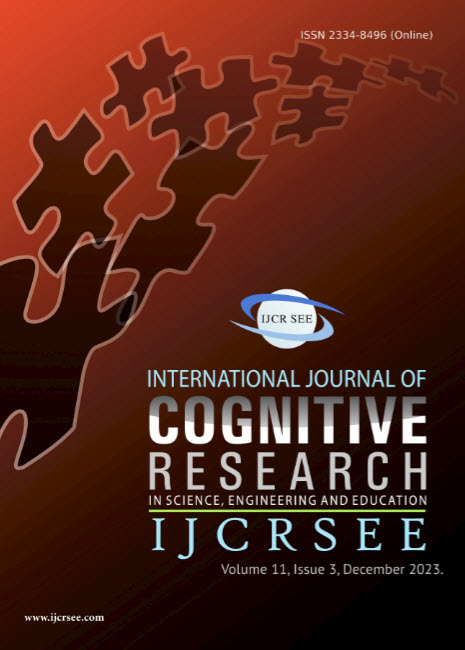Using Students’ Digital Written Text in Moroccan Dialect For The Detection of Student Personality Factors
Using Students’ Digital Written Text in Moroccan Dialect For The Detection of Student Personality Factors
Author(s): Nisserine El Bahri, Zakaria Itahriouan, Alami Anouar, Samir Brahim BelhaouariSubject(s): Social psychology and group interaction
Published by: Удружење за развој науке, инжењерства и образовања
Keywords: FFM personalities; social media learning environment; Moroccan dialect text
Summary/Abstract: In the contemporary digital era, social media platforms have a big influence on students’ lives. They use these platforms for self-expression, opinion sharing, and experience reporting (writing or sharing videos or photos about personal experiences) in addition to social interaction. Education professionals and academics may get valuable insights into students’ thoughts, sentiments, interests, academic success, and even personalities by studying their writing on social media. We can improve our teaching, enhance students’ social and emotional development, and create a more engaging learning environment if we have a better knowledge of the student. The purpose of this study is to ascertain whether or not students interact with classmates and other participants in learning platforms in a way that accurately represents their personalities. Data from a sample of students at Abdelmalek Essaadi University of Tetouan were collected from various social media learning environments for the experimental investigation presented in this work, and Symanto AI-based personality tool was used to assess the data. The Big Five Questionnaire was then utilized to assess the personalities of the same students, and the findings were compared to the personality traits discovered by the AI-based approach. The study has shown that the AI based tool has correctly predicted the personality traits of 7 students out of 10 with a correlation of about 0,9 which means that social media-based learning environments can be used by institutions to understand the personality of the student. This paper also gives recommendations about data for obtaining good quality in personality prediction.
Journal: International Journal of Cognitive Research in Science, Engineering and Education (IJCRSEE)
- Issue Year: 11/2023
- Issue No: 3
- Page Range: 389-400
- Page Count: 12
- Language: English

